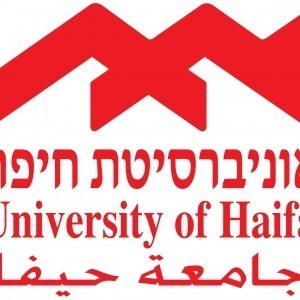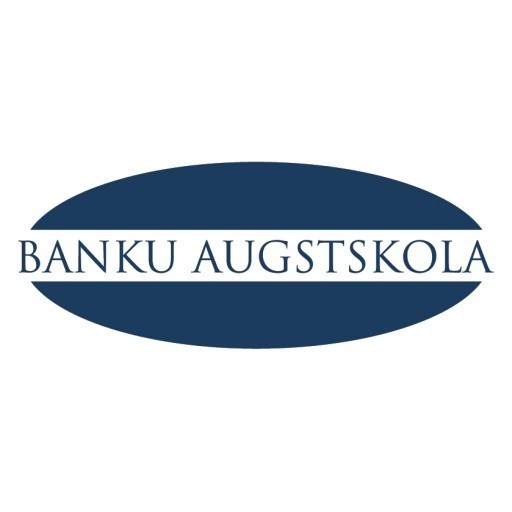Photos of university
The University of Notre Dame offers a comprehensive and interdisciplinary program in Global Health designed to equip students with the knowledge and skills necessary to address complex health challenges across different populations and regions worldwide. This program emphasizes understanding the social, economic, political, and environmental determinants of health and disease, preparing students to develop effective solutions to improve health outcomes on a global scale. Students will engage with a diverse curriculum that covers topics such as infectious and chronic diseases, health policy and management, health disparities, epidemiology, environmental health, and global health ethics. Through a combination of coursework, research opportunities, and practical field experiences, learners will gain a deep understanding of the challenges faced by health systems in underserved communities and vulnerable populations. The program also fosters critical thinking, cultural competence, and collaborative problem-solving skills, enabling graduates to work effectively in multicultural and interdisciplinary teams. In addition to core courses, students can choose specialized tracks or electives aligned with their career interests, such as global health policy, infectious disease control, or health promotion. Partnerships with international organizations, NGOs, and health agencies provide students with valuable real-world exposure and networking opportunities. The program prepares graduates for diverse careers in public health practice, research, policy, and international development, supporting their pursuit of impactful solutions to urgent global health issues. By combining rigorous academics with practical experience, the Global Health program at Notre Dame aims to develop informed, compassionate leaders committed to advancing health equity worldwide.
Required Courses
FALL SEMESTER (required credits = 11)
- Global Health Challenges
- Topics in Disease Epidemiology
- Quantitative Research Methods in Global Health
- Qualitative Research Methods in Global Health
- Global Health Project Management
- Capstone Seminar
SPRING SEMESTER (required credits = 8)
- Quantitative Research Methods in Global Health II
- Global Health Ethics
- Global Health Colloquium
- Capstone Research
- Leadership: Theory, Discovery and Application
SUMMER SEMESTER (required credits = 5)
- Capstone Field Research
Elective Courses
This list contains recommended electives (for both spring and fall) but is not exhaustive. Students may search across the university for other appropriate electives they want to take (this requires approval from the program). Please visit Class Search on InsideND for the most updated information.
FALL SEMESTER
* Course requires approval from the professor. Please email the professor to get approval.
- Medical Microbiology *
- International Development in Practice: What Works in Development *
- Improving Maternal and Child Health Services: Maternal and Infant Matrix Storyboard Methodology
- Water, Disease and Global Health
- Topics in Parasitology & Vector Biology *
- Medical Molecular Parasitology
- A.I.D.S.
- Topics in Pathobiology *
- Health Economics *
- Stat Methods in Data Mining *
- Topics in Global Health
- Anthropology of Poverty
SPRING SEMESTER
- GH 60201 - Section 01: Geographic Information Systems (CRN 29916)
- GH 60408 - Section 01: Anthropods and Human Disease (CRN 26299)
- GH 60550 - Section 01: Tpcs in Global Health: mHealth (CRN 29918)
- GH 60612 - Section 01: Advanced Qualitative Methods (CRN 26652)
- GH 63300 - Section 01: Home and Dome (CRN 29919)
- CHEM 60520 - Section 02: Principles of Biochemistry (CRN 24264)
- BIOS 60202 - Section 01: Global Bioethics Seminar (CRN 29394)
- BIOS 60530 - Section 01: Immunobiol of Infect Diseases (CRN 26175)
- BIOS 60579 - Section 01: Topics in Parasitology & VB (CRN 20022)
- BIOS 60568 - Section 01: Topics in Infectious Disease (CRN 30392)
- BIOS 60569 - Section 01: Topics in Global Health (CRN 23853)
- BIOS 60206 - Section 01: Case Studies in Global Health (CRN 30423)
- Bachelor's degree from an accredited college or university
- Upper-level science courses (at least two)
- Statistics (not required but highly recommended)
- 3.0 GPA or above
- Submit a curriculum vitae or résumé through the online application.
- Submit a statement of intent (instructions below).
- Submit three letters of recommendation (instructions below).
- Submit the application fee by credit card, check, or money order using the payment system associated with the online application.
- Submit an unofficial transcript (ultimately, an official transcript will be required).
- Arrange for the submission of official Graduate Record Examination (GRE) General Test (or MCAT) scores. The scores reported must result from a test taken within the last five years. To expedite the review process, you may also upload preliminary (unofficial) scores, if available.
Scholarships
- Graduate Student Fellowships
- Pilot Project Grants
- Building Multi-disciplinary Teams Grants
- Travel: Research and Training Grants
The University of Notre Dame offers a comprehensive program in Global Health designed to prepare students to address complex health issues that affect populations worldwide. This interdisciplinary program emphasizes the interconnectedness of health, development, and policy, equipping students with the knowledge and skills needed to work effectively in diverse international settings. The curriculum covers a broad range of topics, including epidemiology, public health policy, health systems strengthening, global disease burden, social determinants of health, environmental health, and health equity. Students have opportunities to engage in experiential learning, including fieldwork and internships, which allow them to apply theoretical knowledge to real-world challenges faced by low- and middle-income countries. The program also highlights the importance of cultural competence and ethical considerations in international health interventions. Graduates of the program are prepared for careers in government agencies, non-governmental organizations, international health agencies, research institutions, and academia. They are equipped to analyze international health issues critically, develop sustainable solutions, and advocate for policies that promote health equity worldwide. The program is designed to foster interdisciplinary collaboration and global perspective, encouraging students to understand health as a fundamental human right. Through a combination of lectures, seminars, collaborative projects, and research opportunities, students are encouraged to develop innovative approaches to address global health disparities. The university’s faculty includes experts in global health, epidemiology, medicine, and other related fields, providing students with mentorship and access to cutting-edge research. Overall, the Notre Dame Global Health program aims to produce dedicated professionals capable of making meaningful contributions to improving health outcomes across the globe.










